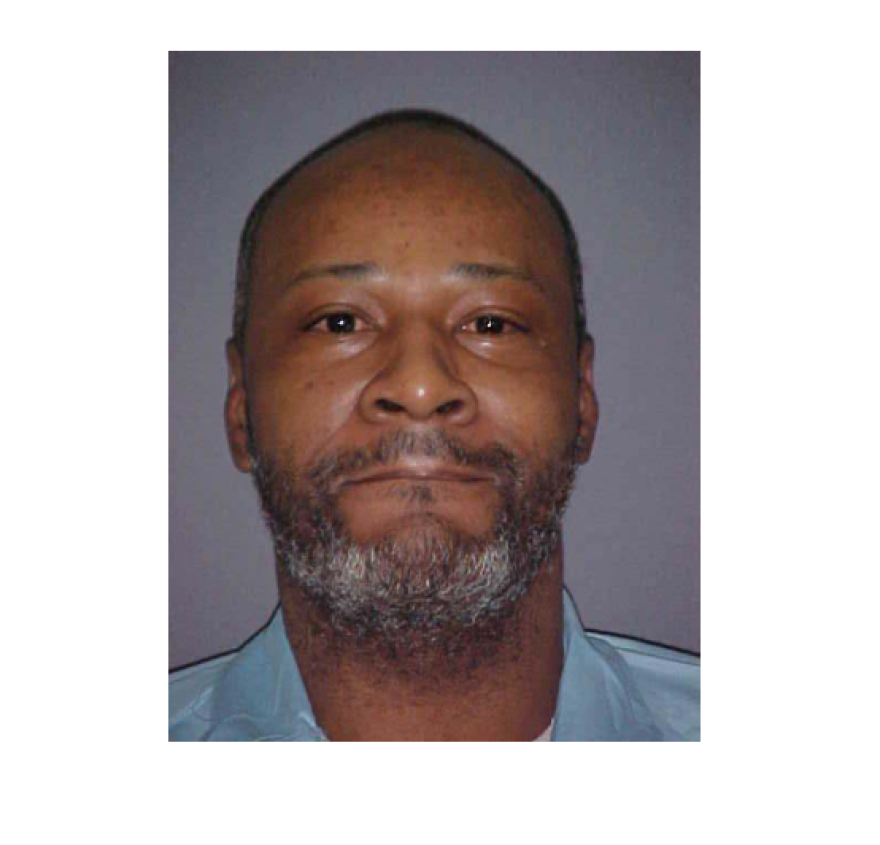Oct. 28 could be the date for Oklahoma’s first execution in years.
60-year-old John Marion Grant is the first of seven men in line to be executed. Grant was sentenced to death for the 1998 stabbing and killing of 58-year-old Dick Conner Correctional Center employee Gay Carter.
Sarah Jernigan, assistant federal public defender for western Oklahoma, said she hopes Grant’s clemency hearing scheduled for 9 a.m. on Oct. 5 in front of Oklahoma’s Pardon and Parole board will go her client’s way.
“I think first and foremost we would say there is really nothing to be gained from executing John Grant at this point. We believe he is a person deserving of mercy. We believe the state of Oklahoma has instituted a clemency procedure for that very reason: to bestow mercy. We believe Mr. Grant is one deserving of mercy more than ever.”
Jernigan’s case for mercy isn’t an easy read. She says Grant was abused both by his family and the state charged with his protection.
According to documents from Jernigan, Grant was born in Ada, Oklahoma. He was the sixth of nine children who grew up in poverty. The family moved to Oklahoma City when Grant was young so his mother would stop “partying." But Grant stole to provide for the family and ended up in the infamous 1970’s Oklahoma juvenile justice system.
“Throwaway Kids” was a 1981 Peabody Award winning report from 20/20 about the neglect, abuse, and death that happened in the Oklahoma juvenile justice system while Grant was a resident. There was no foster care system at the time and children were placed in rural facilities.
The state collected federal per diem for each child but failed to care for them with the money. A litany of abuses is detailed in “Throwaway Kids,” among them that children were locked in their solitary cells for twenty-three hours a day.
After being released from the juvenile system, it wasn’t long before Grant was in the adult prison system. He stabbed Carter, who was the prison kitchen manager, while serving time for armed robbery.
According to The Oklahoman archives, the motive for the attack was unclear in 1998. Subsequent motives have involved the relationship of Grant and Carter. Grant worked in the kitchen, but lost his job for fighting with another inmate.
There have been questions about the effectiveness of Grant’s counsel at his original trial. His lawyers married each other and got divorced one month before it started. One of them has since struggled with a long chain of legal troubles and resigned pending a disciplinary hearing.
Jernigan says the state ultimately failed Grant; it shouldn’t also be his executioner.
“Mr. Grant is extremely remorseful, he’s nearly blind, he’s in his 60’s. He seeks only to live out his days in peace. It’s a peace that has escaped him his entire life due in large part to the subhuman treatment he received as a child at the hands of state actors.”
If the parole board does recommend clemency for Grant, their suggestion will pass to Gov. Kevin Stitt who has the final say.
Jernigan says she believes Grant’s case for clemency has a shot with Stitt.
“I believe so, yes. I believe the governor has appointed some of these board members that he believes to be people of integrity and people of honor and trust. And if they would make a recommendation to the governor, I believe he would honor the recommendation of those he has put in place. I believe the governor himself is someone who would make the right decision to grant mercy.”



